Meet a researcher: Chloe Brotherton
As part of our aim to nurture young scientists, we are very pleased to introduce one of our new PhD students as part of a co-funding agreement with the Macular Society.
Search results
As part of our aim to nurture young scientists, we are very pleased to introduce one of our new PhD students as part of a co-funding agreement with the Macular Society.
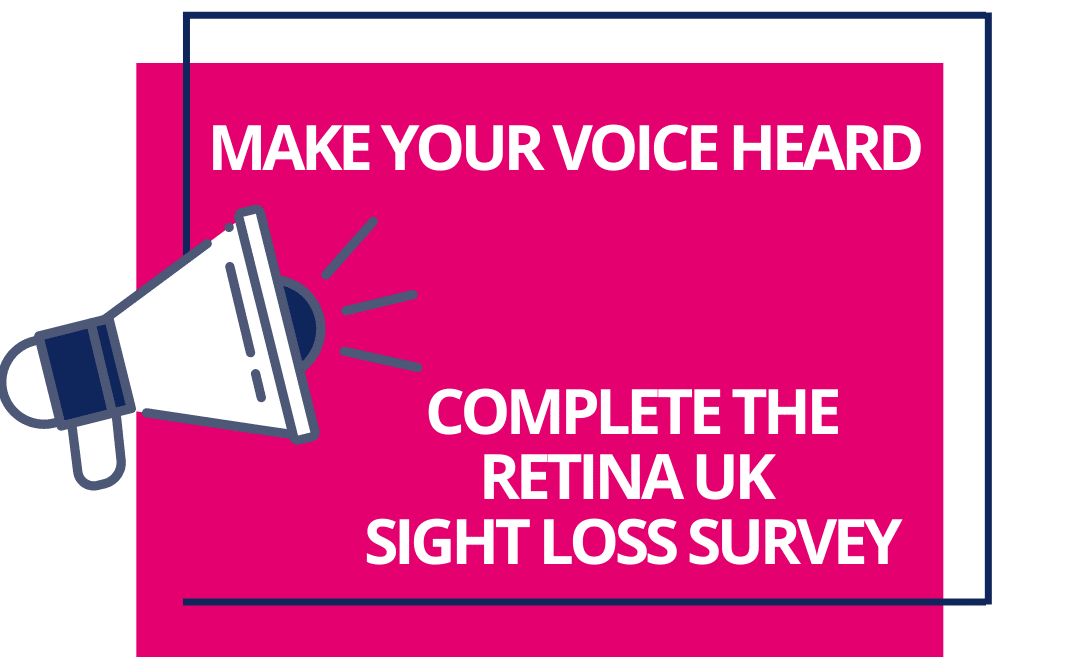
Would you like to help shape Retina UK’s future? Do you want to ensure decision-makers understand the impact of inherited sight loss? If so we’d love to hear from you.

We regularly make applications for grants to fund our information and support projects and have recently been successful in securing £12,000 from The National Lottery Community Fund.
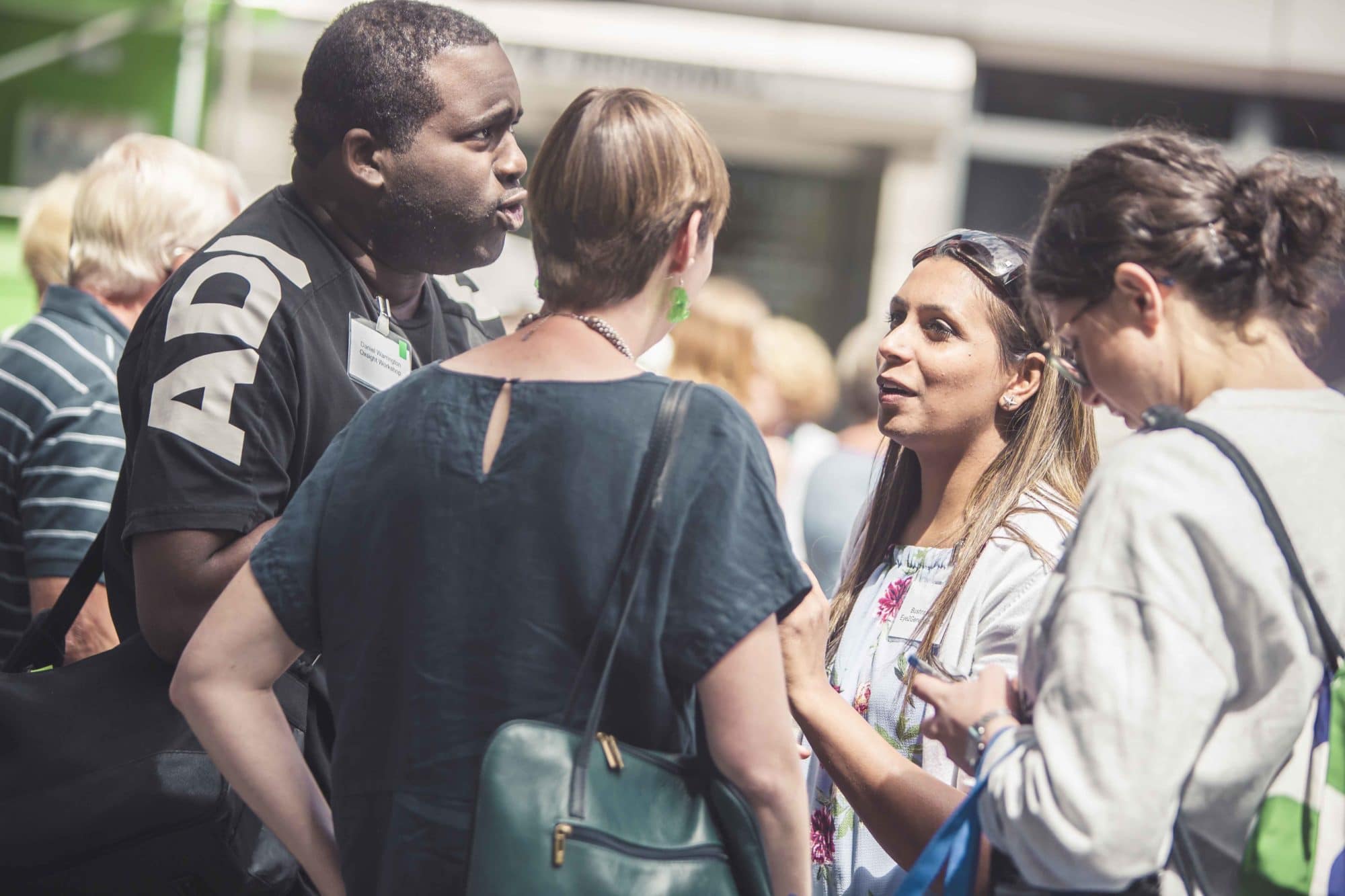
Our partnerships are mutually beneficial. For Retina UK this means we can fund more research and offer support on a local level, while our partners can achieve corporate social responsibility objectives whilst making a tangible impact.
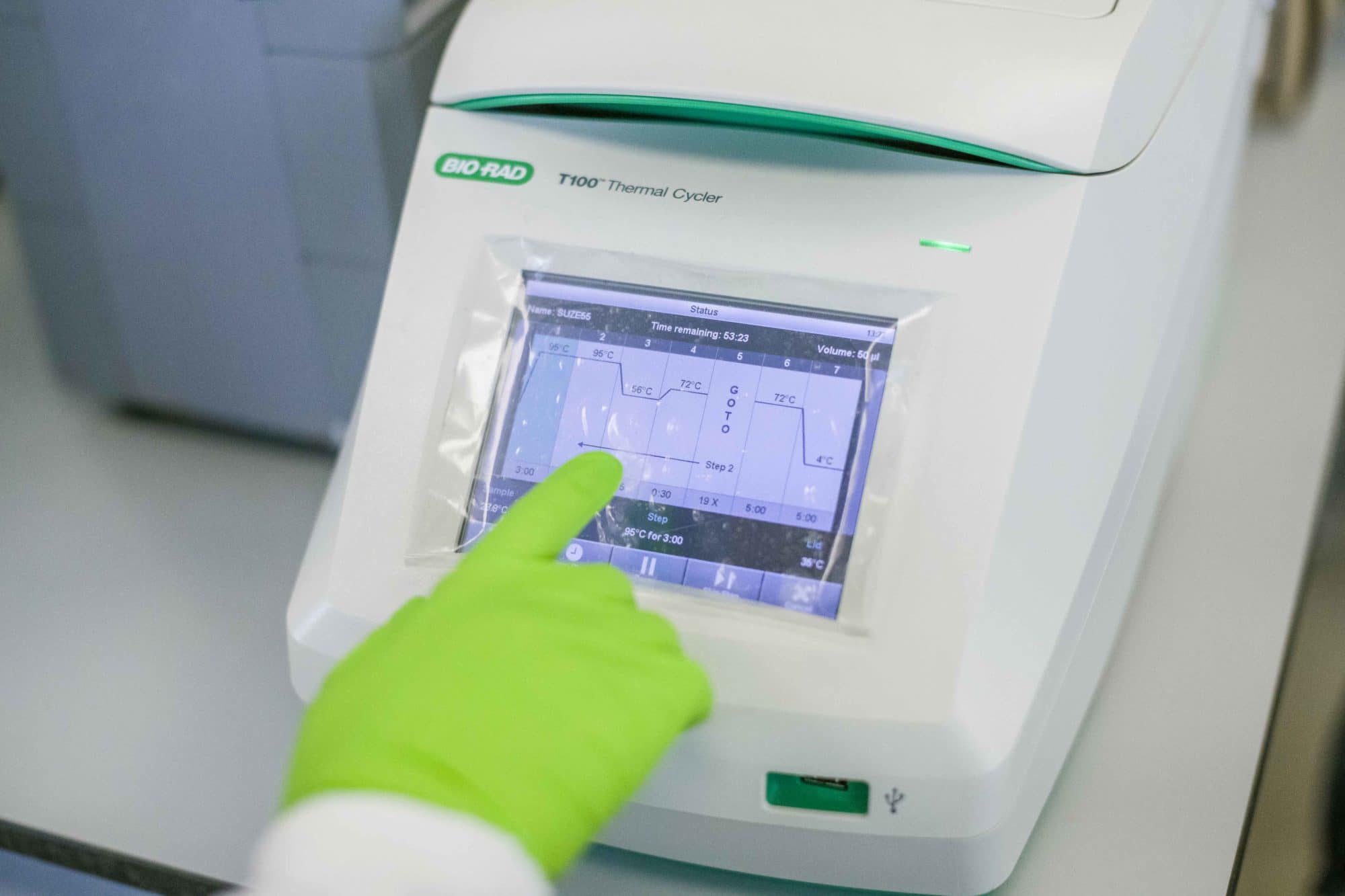
There are many ongoing clinical and laboratory studies around the world, exploring innovative approaches to treating inherited sight loss.
Please read our conditions of use carefully as by using the website you will be assumed to have agreed to be bound by them.
Several groups around the world are investigating the use of retinal transplantation in the treatment of inherited retinal diseases.
Despite the knock-on effects of the pandemic, there’s been a lot going on this year in the world of research! Here are snapshots of a few stories that have appeared in the Research News section of our website in 2022.
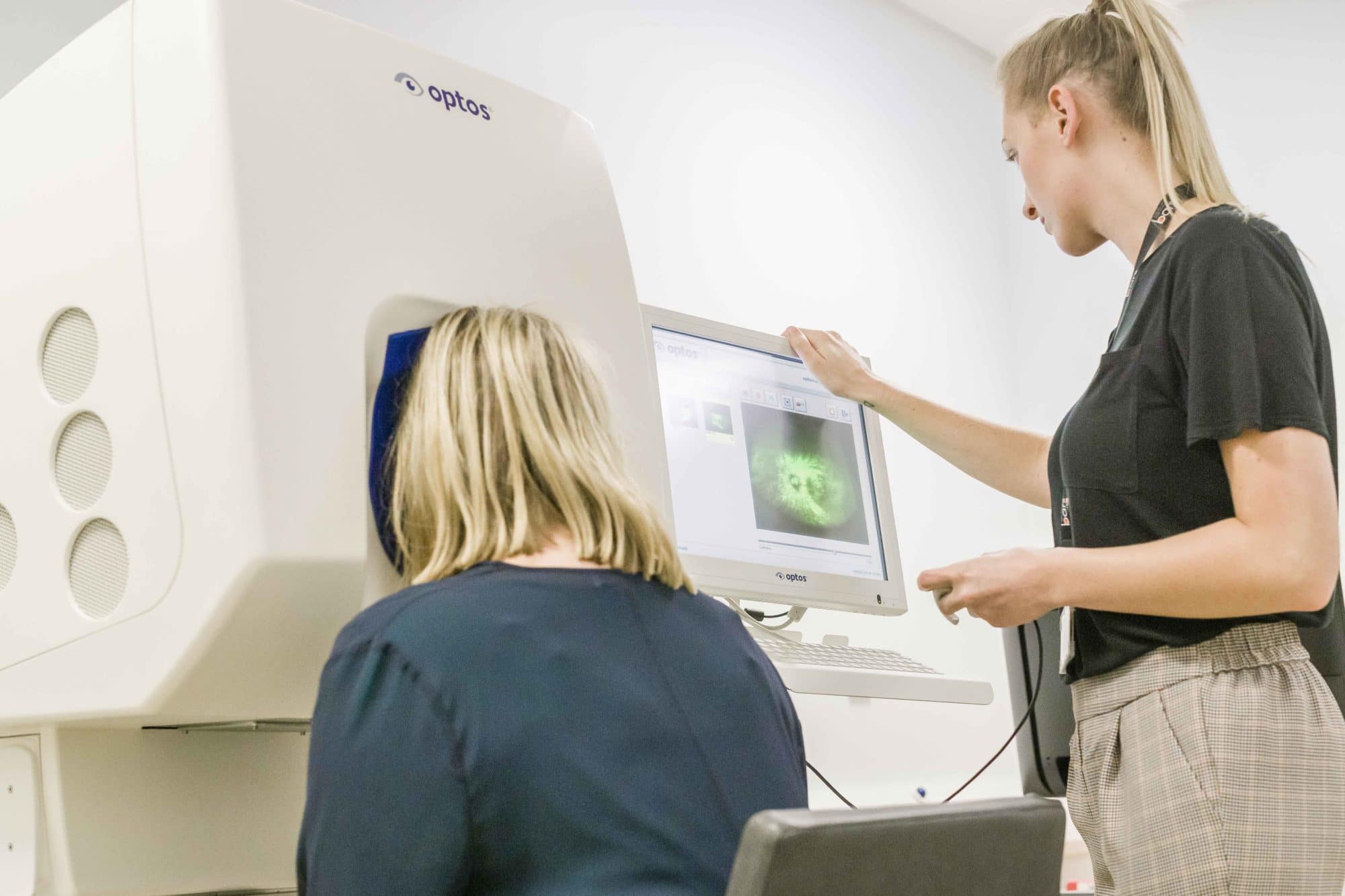
UK researchers have discovered that passing a weak electrical current between electrodes on a person’s scalp may lead to a reduction in frequency of the visual hallucinations experienced by some people living with sight loss.
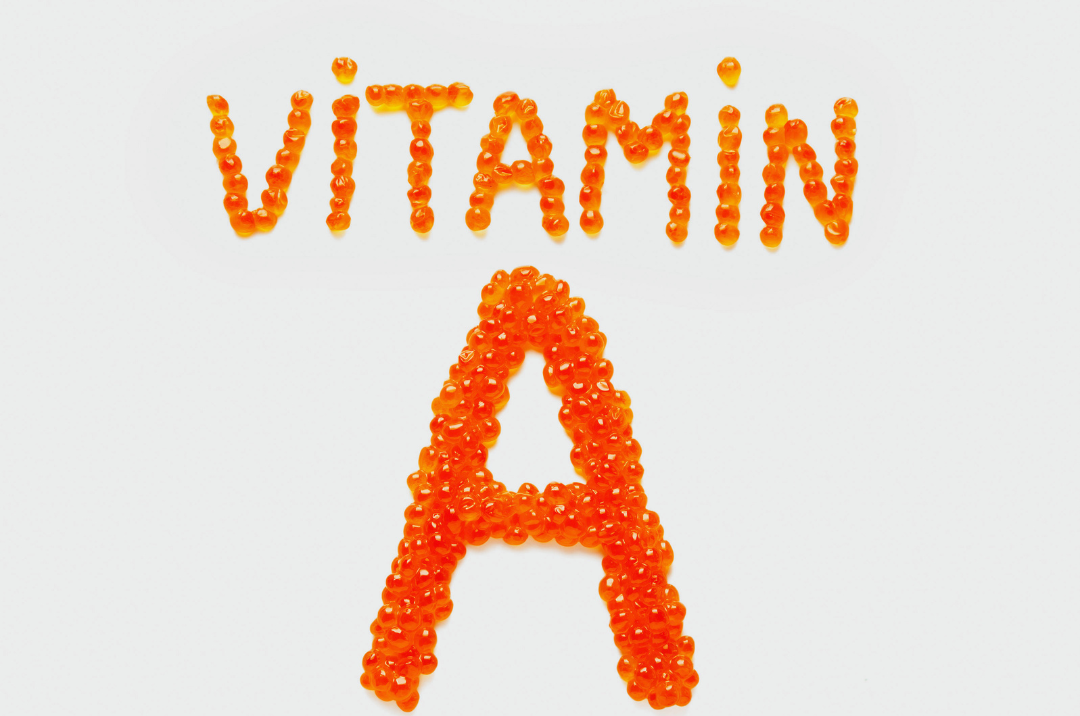
Research determines that taking high dose vitamin A supplements does not slow vision loss in people with retinitis pigmentosa (RP).